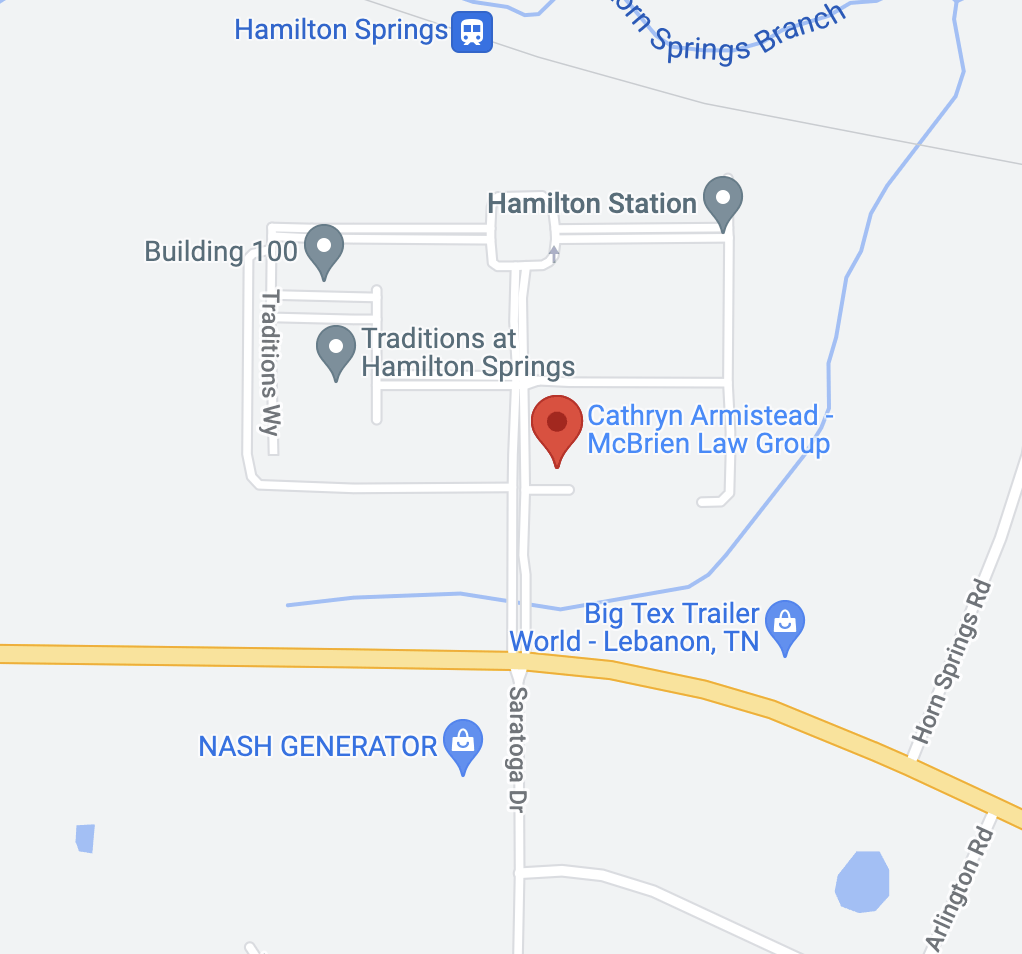Death is a challenging time for everyone involved, not least because of the legal complexities that often arise. One common question that lawyers for death in the family often encounter is, “How to get the power of estate after death?” Understanding and navigating this process can significantly ease the burden during this difficult period. This blog post will guide you through the crucial steps, including appointing an executor and what to ask a lawyer after a parent dies.
Understanding Power of Attorney
Power of attorney is a legal document that allows one person, known as the agent or attorney-in-fact, to act on behalf of another, the principal, in legal matters. However, it’s important to note that power of attorney after death is invalid. The authority granted by a power of attorney ends at the principal’s death. So, how long does power of attorney last after death? The simple answer is it doesn’t.
Appointing an Executor
After the death of a loved one, an executor is usually appointed to manage the deceased’s estate. This is someone named in the will by the deceased. If no will exists, the court will appoint someone, usually a close family member. The role of the executor includes distributing assets, paying off debts, and finalizing other legal affairs.
If you’re wondering how to become an executor of an estate, the process typically involves probate court. The will must be filed with the court, and the court will confirm the appointment of the executor.
Consulting a Lawyer When Someone Dies
In cases where a loved one has passed away, consulting with a family death lawyer is often beneficial. Lawyers who deal with death can provide invaluable advice, especially regarding complex legal matters. They can guide you through becoming an executor and help you understand your responsibilities.
When meeting with a lawyer after a parent dies, it’s essential to ask the right questions. Some critical questions include:
- What are the legal responsibilities of an executor?
- How do I handle the deceased’s debts and liabilities?
- What is the process for distributing assets to beneficiaries?
- How long does the probate process typically take?
Navigating Estate Power After Death
Although power of attorney ends at death, the appointed executor essentially takes on a similar role in managing the deceased’s estate. If you’re unsure how to get the power of estate after death, a lawyer can guide you through this process, ensuring you fulfill your obligations and respect the wishes of the deceased.
In conclusion, dealing with the death of a loved one can be challenging, but understanding the legal processes involved can make things a little easier. Whether you need help appointing an executor, have questions about what to ask a lawyer after a parent dies, or need guidance on handling estate power after death, McBrien Armistead Law Group is here to support you. Our compassionate and experienced team specializes in navigating these complex situations, providing peace of mind during difficult times.




1 thought on “How to Obtain Estate Power of Attorney After Death”
Comments are closed.